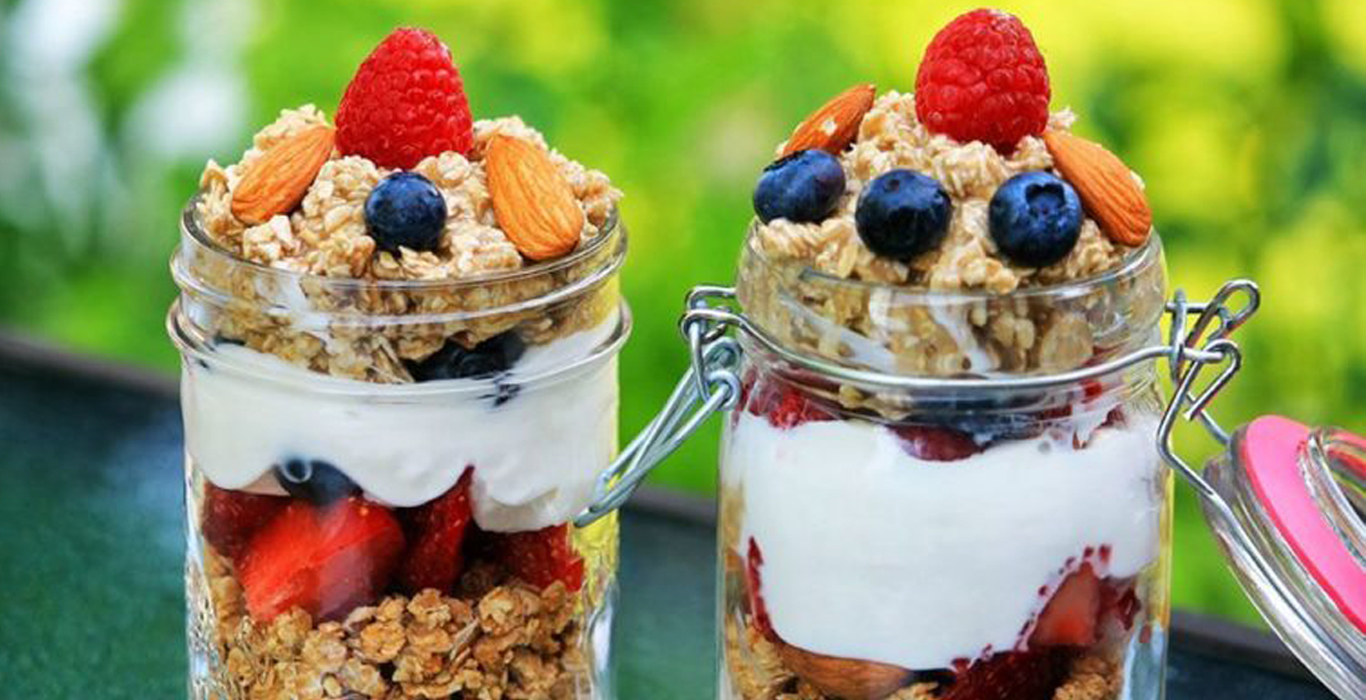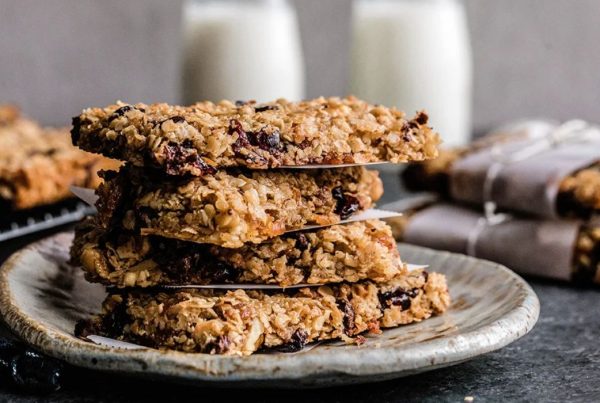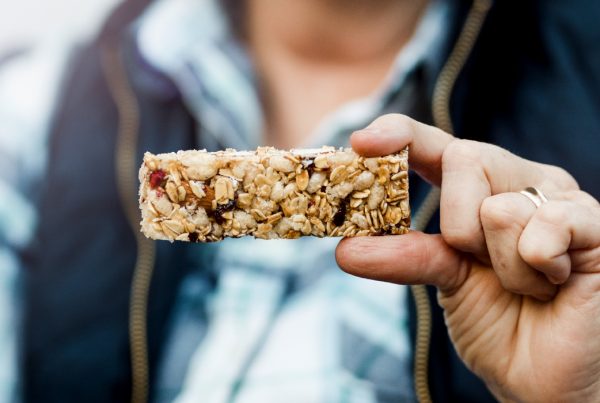A gluten-free diet is not a fashionable diet, it is not a weight loss diet, it is not a “healthy diet” and it is not a detox diet, no matter what Oprah says. You do not choose to be celiac or gluten intolerant. People with celiac disease or gluten intolerance cannot eat gluten without having serious health problems. For some people, gluten is a neutral substance.
You hear about gluten-free diets everywhere – why?
More and more people every day find that they have this problem, because at least 90% of the digested food – the foods we all eat every day – contains gluten.
Natural foods are gluten-free from everything, just like processed foods. Gluten is added during processing for many different reasons, including taste. This means that, even if you avoid bread, cake, pizza, pasta, and other obvious sources of gluten, you will probably still get a lot of gluten in your diet. eating without realizing it.
So it is often the case that people who follow a gluten-free diet should be gluten-free – although you may be told by your doctor to “try to go out with gluten” as a diagnostic tool, or you may see symptoms like these. associated with gluten intolerance and decide to fend for yourself.
Is gluten-free food right for you?
If you think you may have gluten intolerance, perhaps the first step would be the question, “Do you have gluten intolerance?” It’s just 5 multiple choice questions and includes things like your characters and family history. Finally, you get the result calculated from your answers to all the questions, and you can go from there.
When a “possible” or “possible” result occurs, you should decide what you want to do next. In the UK, there are good reasons to try to get a diagnosis of celiac disease – because many special diets can be obtained with a prescription.
In some countries, it may be best to avoid gluten intolerance by testing and to see if your symptoms go down. If so, eat something gluten-free. When your symptoms return, you have nailed it.
The reason I suggest this method, is that it will usually cost you money to get a diagnosis, and there is no clear benefit, as the treatment is gluten-free. Why pay money to find out if you should eat something when you can try and get it for free? Additionally, you should eat a “normal” gluten-rich diet for some time before testing if it will work.
There is also a “silent” form of celiac disease that is detected because it does not show up in tests, which makes all the exercise useless in my opinion.
It is rare to hear of people who have had celiac disease for 15 years before they were properly screened. It is a serious matter, for, in celiac disease, gluten causes repeated damage to the intestines, which can lead to colon cancer.
Living without gluten: is not easy So, anyway, if you think you have just started a gluten-free diet – and please read the first section here before you start – it is not that easy.
As I said before, almost all processed foods are gluten-free, thick, creamy, delicious, dazzling …
There are more expensive gluten-free alternatives than most foods you can easily take – but even if you can afford it, you may not be happy with what you get. Many are corrupt, I took one mouth and threw it away. It’s not something I want to repeat over and over again with the kind of numbers we’re talking about here.







